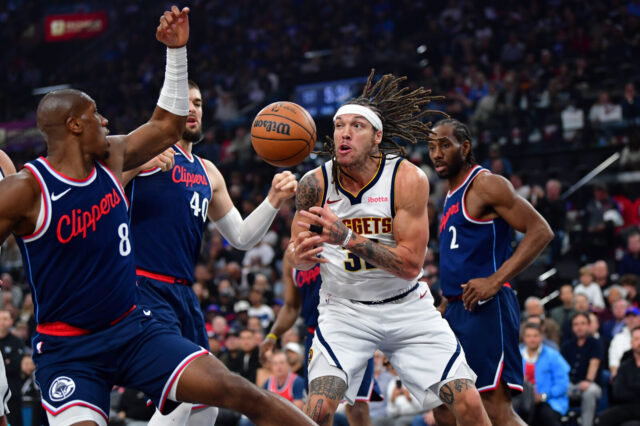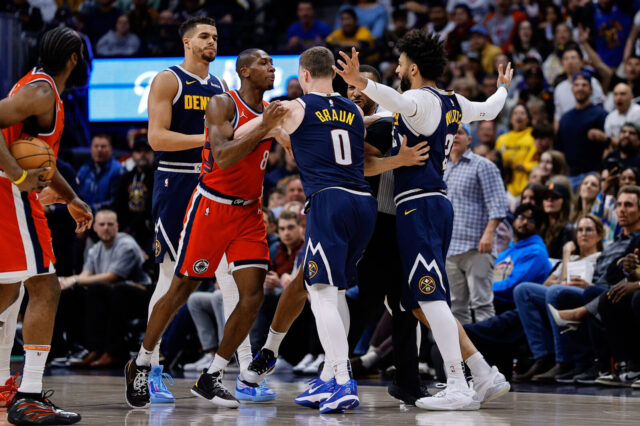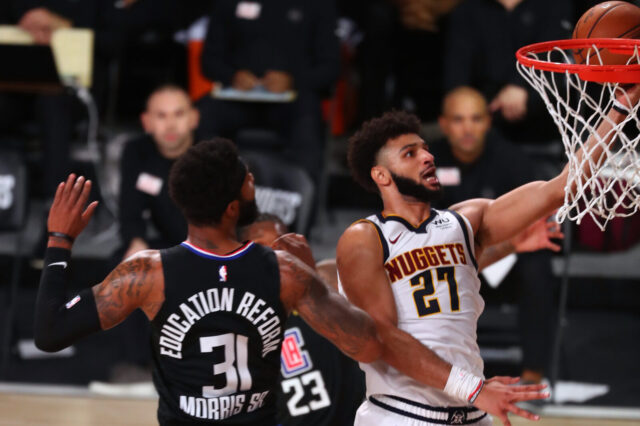Like a lot of people, I say that I play golf. In reality, I play in a couple of tournaments for business marketing purposes each year, and I might get out a couple of times on my own just for fun. I wouldn’t say that I am a good golfer by any means, but if good can be defined as enjoying an adult beverage in the Colorado sunshine whilst hacking my way through a golf course then I suppose I qualify.
I do have the pleasure of knowing some very good golfers, and they will inevitably try to help me with the latest tip to improve my swing, shave a stroke off my score, etc. Regardless of the kind of tip they’re giving me, it usually results in me playing significantly worse than I had been before their advice. I will spend the next hole or two in complete disarray, until I finally forget what they told me and try not to think so much.
“Don’t think so much.”
This statement is something I regularly hear on the golf course. Perhaps that’s why many golfers start their morning with a Bloody Mary. This concept of loosening up, and getting out of your own head is probably the most prevalent and widely accepted advice for golfers to get their swing back, or simply make contact with the ball.
A popular self-improvement book titled “Psychocybernetics” gives many testimonials from professional golfers who employ the “Cybernetic Approach” — the technique of visualizing their shot before they take it. Put simply, Psychocybernetics suggests that you should train and practice as much as possible, visualizing your ideal success scenario in great detail. Once you approach the performance of the task (ex: teeing off on the largest par 5 in the golf course) you should do your best to forget everything and allow what you’ve practiced and studied to flow from you. I like to call this getting out of your own way.
It’s likely that you’ve experienced this phenomenon before. You’re out running errands, and you see a familiar face. You think, “What is that guy’s name?” For some reason it’s on the tip of your tongue, but you just can’t recall. The harder you try, the more it seems impossible that you’ll remember his name. A few hours go by, and you’ve forgotten all about the man you were trying to remember. From out of nowhere the man’s name pops into your head. You see, you knew his name all along, but you had to get out of your own way in order for your brain to perform.
I partially equate this experience to what I’m observing the Nuggets go through right now. After Paul Millsap’s injury, they experienced some surprising success, and they were executing on defense much better than they had been previously. Perhaps the emergency nature of the situation caused players to simply react without having to think about every step of every play. They were playing loose and free, and things were working.
As time has gone by they seem to be breaking down in the areas where they were performing well at previously. Consistency is up and down, defense is spotty, and players are falling into shooting slumps that disrupt offensive flow. This isn’t because they can’t shoot, or because they forgot how to play defense. In my opinion, they’ve simply gotten into their own heads. They’re making this too hard, and they don’t always look like they’re having fun.
When you start to succeed at something, you naturally begin focusing on your performance to find ways to improve. You tweak your approach, and your delivery in an effort to perfect that skill.
The Nuggets will always need to get better at their game, and this should be a daily practice. However, right now it appears that the pressure of maintaining their playoff position while trying to work through the learning curve of being new to the league is causing them to have paralysis by analysis.
Sure, personnel changes may be required at some point in the season. Perhaps they don’t have the most ideal roster or coaching staff, but they made this work just a few short weeks ago so there’s no reason they can’t keep it up.
Now, I’m not suggesting the Nuggets open a Bloody Mary bar for the players before each game. The best thing they can do now is take a step back to remember why they play ball, and trust the skills they’ve developed that got them this far. They’re a good team with a promising future. They just need to learn how to maintain their flow, and get out of their own way.


